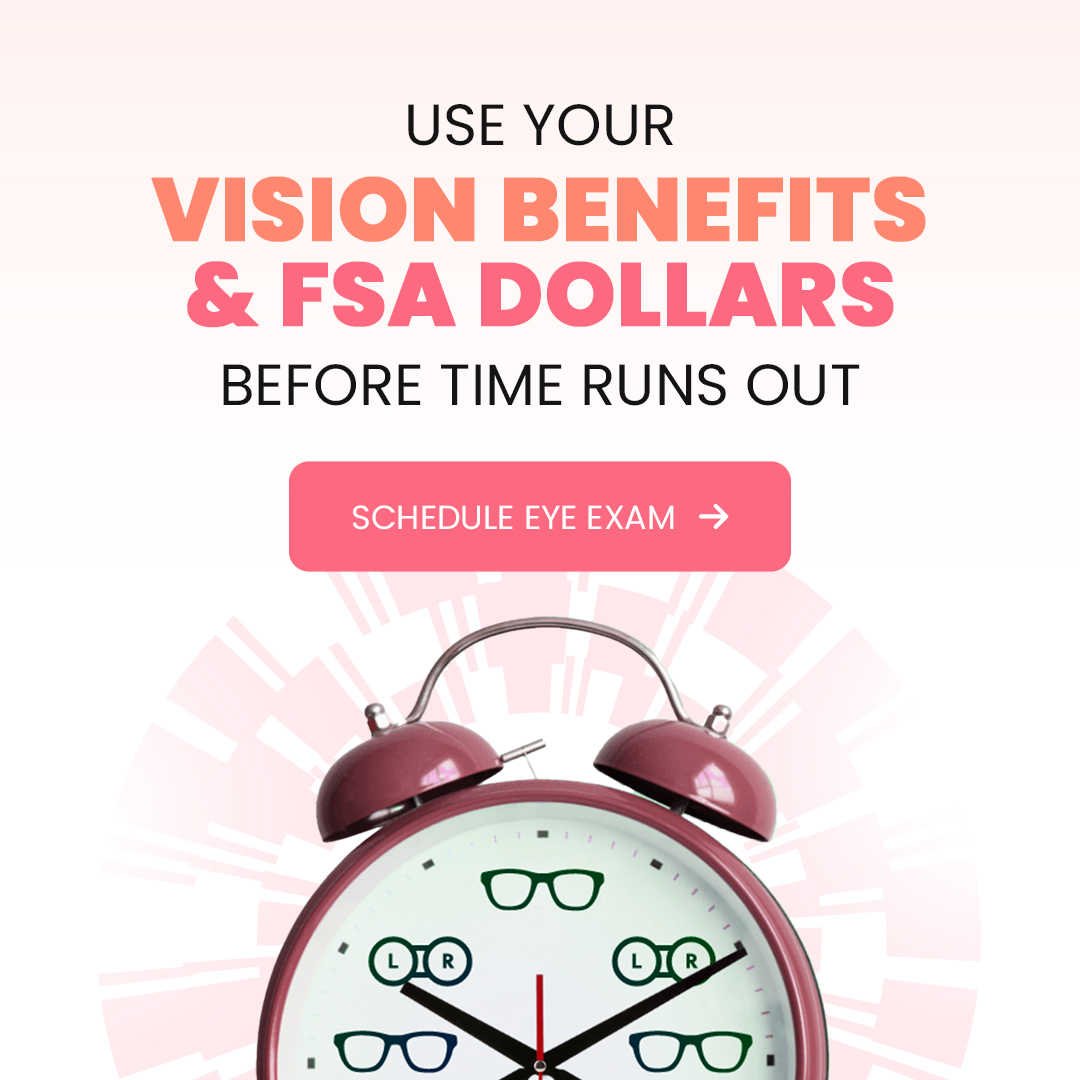
A routine eye exam is not the same as a contact lens exam. For contact lens wearers, a contact lens exam is necessary to ensure the lenses are fitting both eyes properly and that the health of the eyes is not harmed by the contact lenses.
Before we take a closer look at what happens during a contact lens exam, let's talk about normal eye exams.
What is a Comprehensive Eye Exam?
A comprehensive eye exam is an important part of caring for your overall health whether you need vision correction or not. By looking into your eyes, your doctor can check for signs of serious health conditions like hypertension and diabetes.
During a comprehensive eye exam, your VSP network doctor will look for signs of glaucoma, perform tests to check your vision sharpness, determine your prescription strength, examine how your eyes work together, and check the fluid pressure in your eyes. She may also dilate your eyes to see if you have any eye conditions or signs of other serious health conditions.
What is a Contact Lens Exam?
If you wear or want contacts, you need a contact lens exam in addition to a comprehensive eye exam. Your eye doctor will perform special tests during a contact lens exam to evaluate your vision with contacts. The first test will measure your eye surface to determine what size and type of contacts are best for you. Your doctor may also do a tear film evaluation to make sure you have enough tears to comfortably wear contacts.
With the results of those tests, your eye doctor can provide a contact lens prescription that is the right fit for your eyes. An eyeglass prescription is no substitute for a contact lens exam because the two are very different. An eyeglass prescription measures for lenses that are positioned approximately 12 millimeters from your eyes; whereas a contact lens prescription measures for lenses that sit directly on the surface the eye. An improper fitting or prescription of contacts can damage the health of the eyes.
Once you have the correct fit and prescription for contacts, you'll need to decide whether you want disposable contacts or extended wear, and if you want your contacts to be colored.
Your doctor will fit you with a trial pair of contacts and have you wear them for a few days. In about a week, you'll need a follow-up exam to make sure you have adjusted to your new lenses.
Whether you wear glasses or contacts, it's a good idea to get a yearly eye exam to see if you have new or existing vision problems, and if you need vision correction.
Information received through VSP Vision Care channels is for informational purposes only and does not constitute medical advice, medical recommendations, diagnosis or treatment. Always seek the advice of your eye doctor, physician or other qualified health provider with any questions you may have regarding a medical condition.
Author: Opticore Optometry Group











